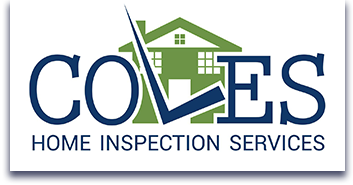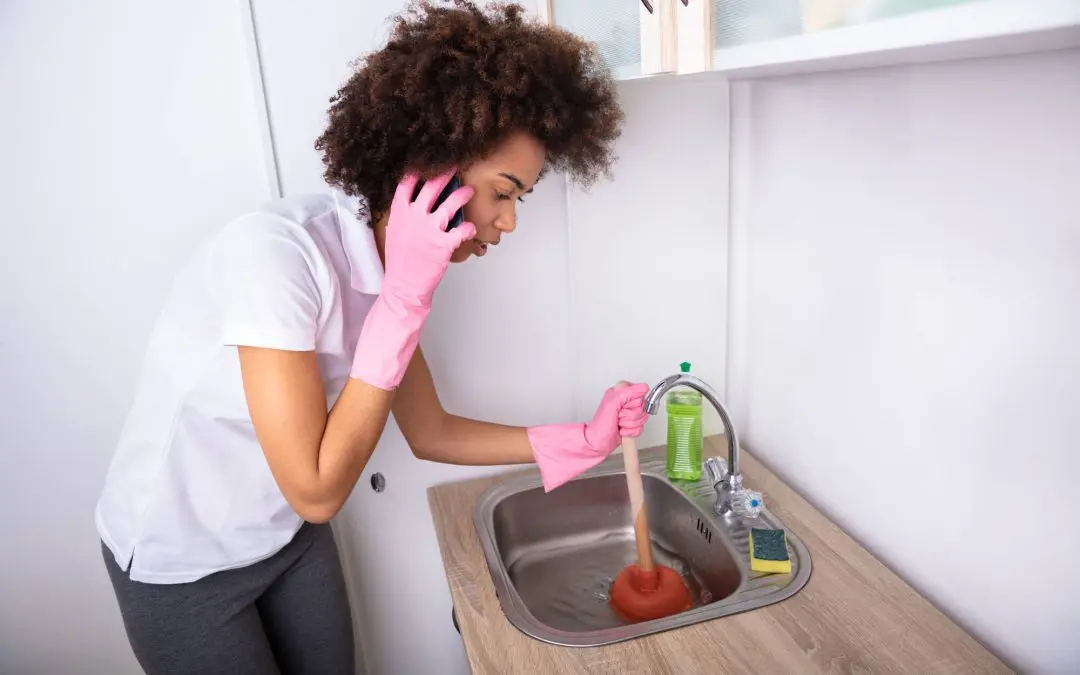A clogged drain quickly becomes a frustrating problem, disrupting your routine and potentially leading to unpleasant odors or even water damage. Fortunately, you don’t always need to call a professional plumber to tackle the issue. With some know-how and a few basic tools, you can unclog a drain yourself. We’ll walk you through effective techniques to get your drain flowing smoothly again.
Identify the Cause of the Clog
Before you start, it’s essential to determine what might be causing the blockage. Common culprits include hair, soap scum, grease, food particles, or even foreign objects that accidentally found their way into the drain. Understanding the source of the problem will help you choose the most effective method to resolve it.
Start with Hot Water
Sometimes, the simplest solutions are the most effective. If the clog is minor, pouring a pot of boiling water down the drain will help dissolve grease, soap, or other substances causing the blockage. Be cautious with this method if you have PVC pipes, as extremely hot water can damage them. For sinks with standing water, remove as much of the water as possible before pouring in the boiling water.
Use a Plunger to Unclog a Drain
If hot water doesn’t do the trick, it’s time to bring out the plunger. A plunger creates suction and pressure to dislodge whatever is blocking the drain. For best results, make sure there’s enough water in the sink or tub to cover the plunger’s cup and create a seal. Push down firmly and pull up quickly, repeating several times until the clog loosens.
Try Baking Soda and Vinegar
For a natural, effective solution, combine baking soda and vinegar. Start by pouring about half a cup of baking soda down the drain, followed by an equal amount of white vinegar. Cover the drain to contain the reaction, and let it sit for about 15 minutes. Then, flush the drain with hot water. This method works particularly well for clogs caused by grease or soap scum.
Use a Drain Snake or Wire Hanger
When plunging and natural remedies don’t work, a drain snake (also known as a plumber’s auger) or a straightened wire hanger can be a game-changer. Insert the tool into the drain and twist or maneuver it to hook onto or break up the clog. Gently pull out the debris, being careful not to push it further down. Repeat until the blockage is cleared.
Consider a Chemical Drain Cleaner to Help Unclog a Drain
Chemical drain cleaners are another option, but they should be used as a last resort due to their harsh nature. These cleaners contain strong chemicals that can dissolve stubborn clogs. Always follow the manufacturer’s instructions and wear protective gloves and goggles. Avoid using chemical cleaners if you’ve already tried a natural remedy, as the chemical reaction could be harmful.
Clean the P-Trap
If none of the above methods work, the clog might be in the P-trap—the curved section of pipe under your sink. Place a bucket underneath to catch water, then unscrew the P-trap and remove any debris inside. Once cleaned, reattach the P-trap and run water to confirm the drain is clear.
Prevent Future Clogs
Once your drain is clear, take steps to prevent future blockages. Use drain covers to catch hair and food particles, avoid pouring grease down the sink, and regularly flush your drains with hot water. Simple maintenance will save you from dealing with clogs down the line.
When to Call a Professional
If you’ve tried all these methods and the drain is still clogged, it might be time to call a plumber. Persistent clogs could indicate a more serious issue, such as tree roots invading your pipes or a problem with your sewer line. A professional will have the tools and expertise to diagnose and fix the problem efficiently.
FAQs on How to Unclog a Drain
What should I do if the drain smells bad?
Bad odors often indicate a buildup of organic matter. To neutralize the smell, use a mixture of baking soda and vinegar followed by hot water.
Are chemical drain cleaners safe?
Chemical drain cleaners are effective but are harsh and can damage your pipes with repeated use. Use them sparingly and always follow safety precautions.
How often should I clean my drains?
Regular maintenance every few months, including flushing with hot water or using baking soda and vinegar, will help keep your drains clear.
What’s the best way to remove hair clogs?
A drain snake or a wire hanger is highly effective for removing hair clogs. Using a drain cover will also help prevent them from forming.
Cole’s Inspection Services provides inspections to homebuyers in Statesville, NC, and the surrounding area. If you’re buying or selling a home, contact us to request our services.

